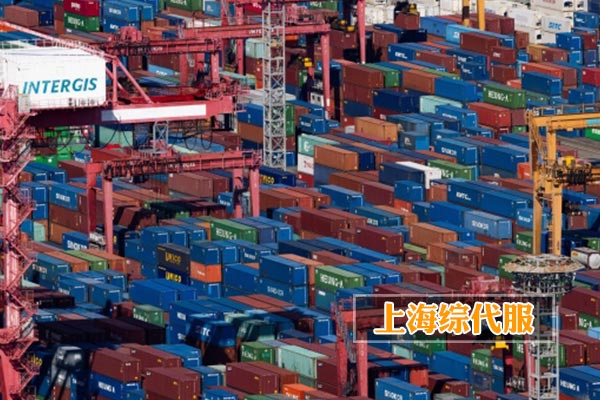
I.Agency export,What exactly is a legal document of agreement?
The agency export agreement is signed between the production enterprise and the professional foreign trade company.Agency AgreementThe core content includes:
- The principal (manufacturer) authorizes the agent (foreign trade company) to handle export business on its behalf.
- Clarify transaction elements such as types of export goods, price terms, and settlement methods.
- Stipulate that both parties shallcustoms clearance, logistics, rights and obligations in the collection of payments
- Agreement on the calculation method and payment schedule of agency service fees
II. What is the fundamental difference between self-operated export and agency export?
By comparing and analyzing the differences between the two models:
- Qualification requirements:
- Self-operated export requires enterprises to possess a full set of qualifications, including import and export rights, customs registration, etc.
- Acting as an export agent allows the use of the agent company's qualifications.
- Occupancy of funds:
- Self-operated exports require bearing the pressure of financing tax rebates independently.
- For export by proxy, it is negotiable for the agent to advance the tax refund funds.
- Risk assumption:
- Self-operated export enterprises bear all risks throughout the entire process.
- Acting as an export agent can help mitigate certain customs clearance and foreign exchange risks.
III. How to Choose a Reliable OneExport agentThe service provider?
It is recommended to evaluate from the following five dimensions:
- Check the business license and customs AEO certification status of the enterprise.
- Assess customs clearance capabilities in target markets (e.g., RCEP member countries)
- Confirm whether the foreign exchange settlement method meets the enterprise's requirements.
- Verify that there have been no records of major regulatory violations or penalties in the past three years.
- Compare service fee structures (recommended to opt for transparent tiered pricing).
IV. What key clauses must an export agency agreement include?
According to the latest requirements of the Foreign Trade Act 2025, the agreement shall clearly specify:
- Clause for Ensuring Accuracy of Commodity HS Code Classification
- Timeliness agreement for foreign exchange receipts and payments (it is recommended to limit the settlement within 3 business days).
- Dispute Resolution Clause (It is recommended to stipulate the jurisdiction of the China International Economic and Trade Arbitration Commission)
- Intellectual Property Security Clause (Mitigating Trademark Infringement Risks)
- Force Majeure Clause (specific circumstances for determination must be enumerated)
V. How to Prevent Trade Risks in Agency Export?
Recommendations based on 20 years of practical experience:
- Request agency to provideReal-time customs clearance data query permission
- It is stipulated in the agreement thatHandling time limit for document discrepancies
- Set upForeign exchange rate fluctuation protection mechanism(As agreed upon exchange rate locking service)
- clearlyProcess for Handling Quality Disputes(It is recommended to retain the right to third-party inspection)
6. What components are included in the agency export fees?
Analysis of Typical Cost Structure:
- 29. Basic service fee (typically 0.8%-1.5% of cargo value)
- Bank charges (including fees for letter of credit notification, negotiation, etc.)
- Document preparation fee (approximately 200-500 RMB per set)
- Special service surcharge (such as expedited customs clearance, special packaging, etc.)
- Risk deposit (some agencies require 5%-10% of the cargo value)
7. What are the three common misconceptions in agency export agreements?
Particular attention is needed:
- Misconception 1:"Acting as an export agent = Complete risk transfer" (In practice, the responsibility for product quality still remains)
- Misconception 2:"All products are suitable for agency export" (special qualifications required for military goods, hazardous chemicals, etc.)
- Misconception 3:"The lower the agency fee, the more cost-effective it is" (may conceal risks of non-compliant customs clearance)


 Follow Customer Service WeChat
Follow Customer Service WeChat